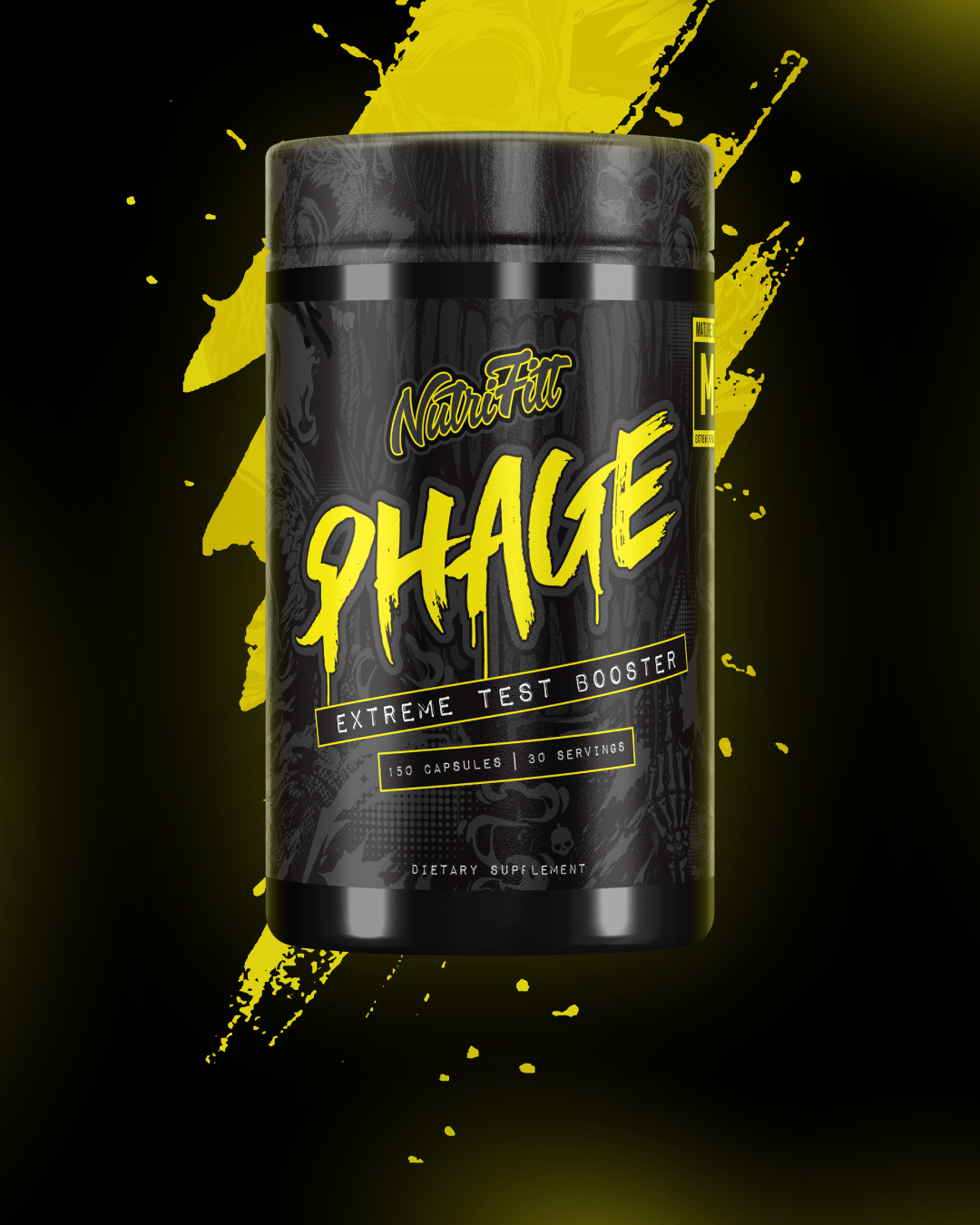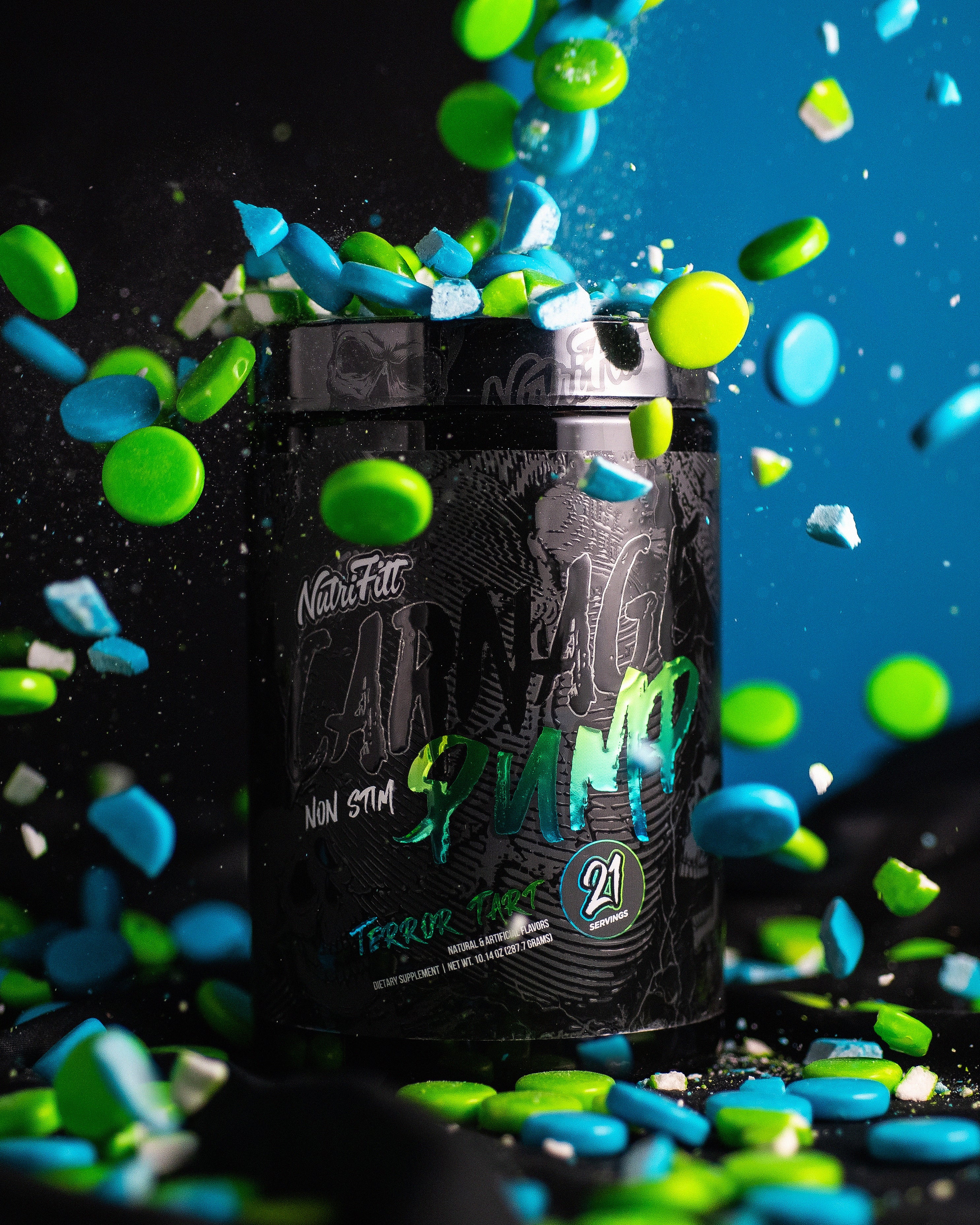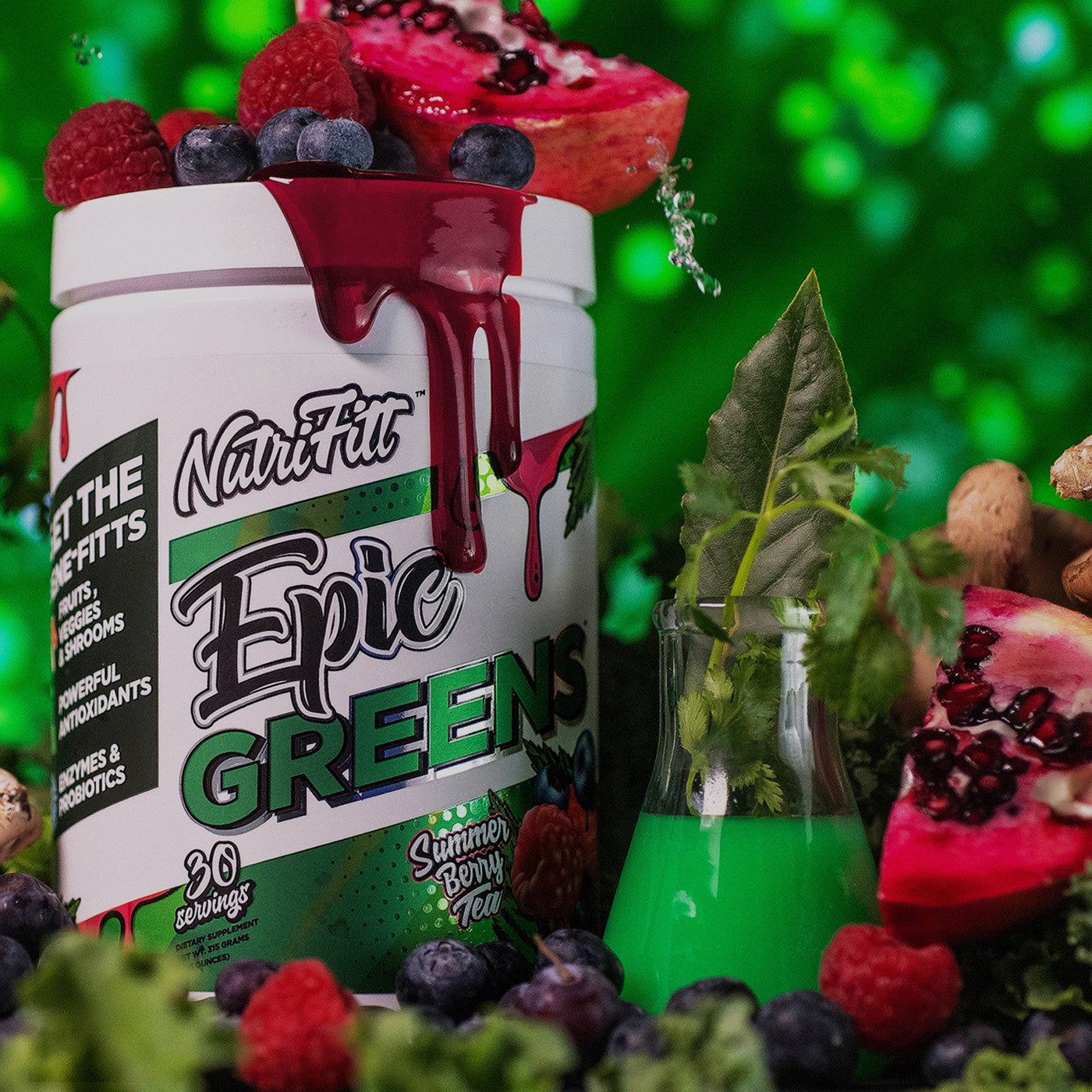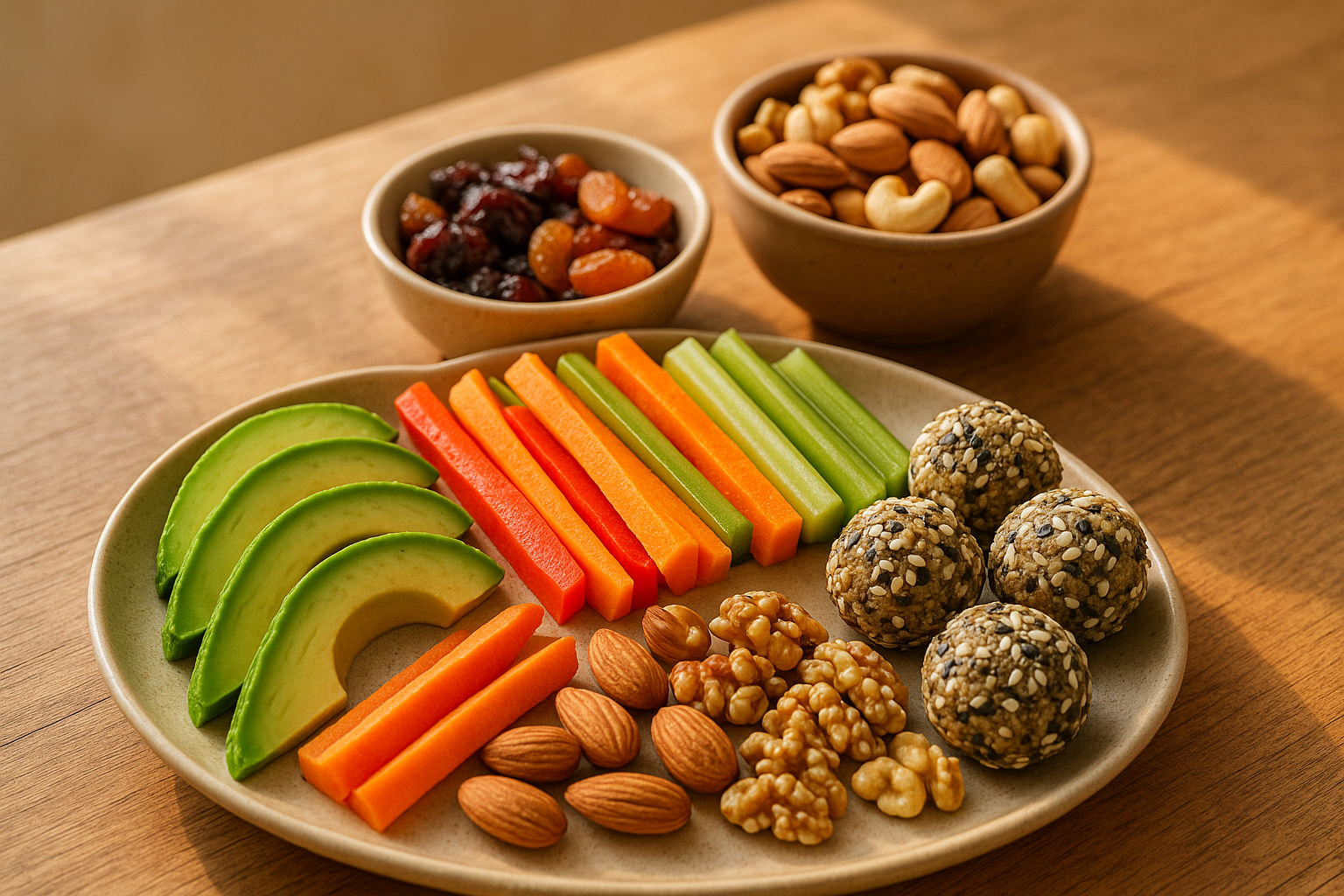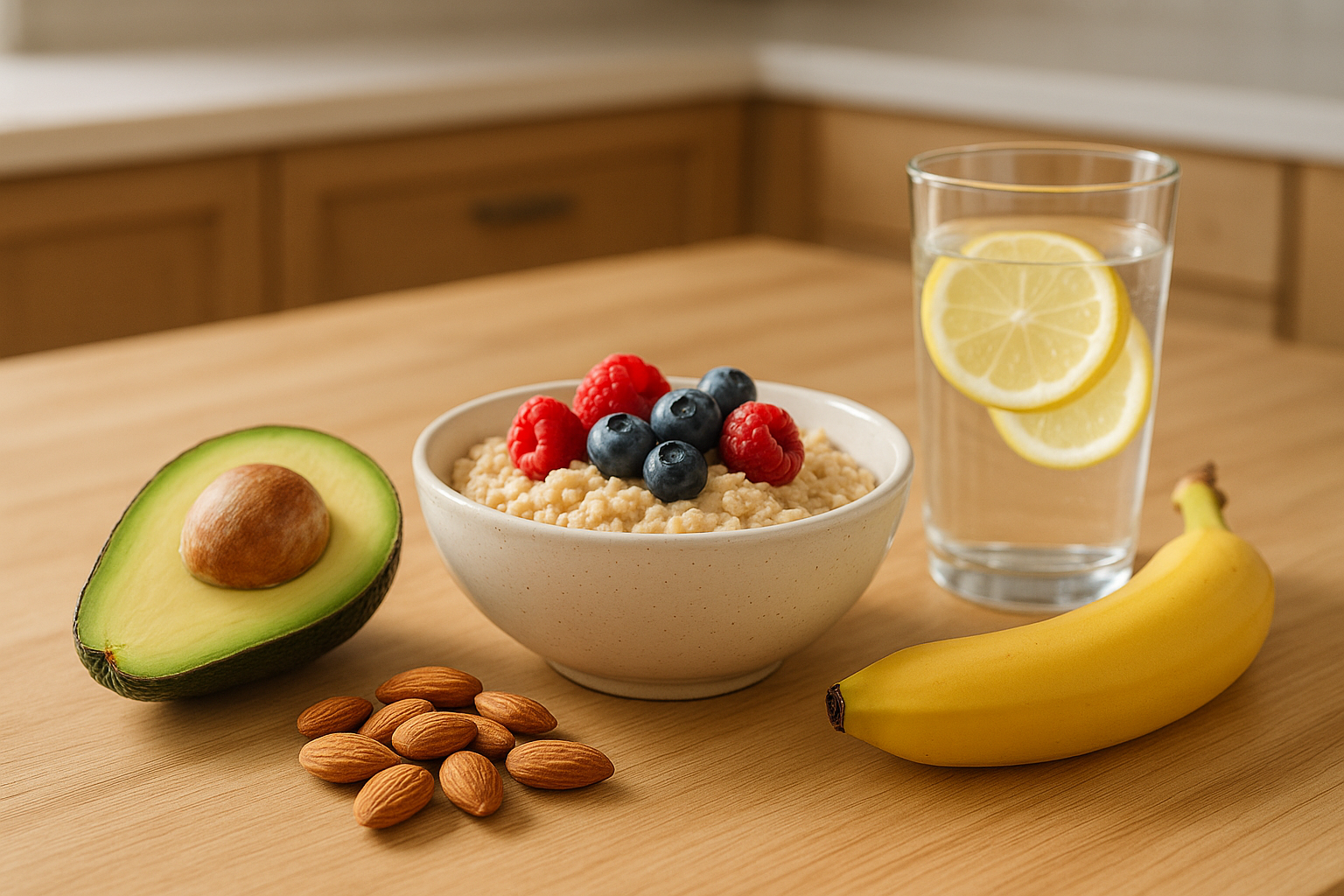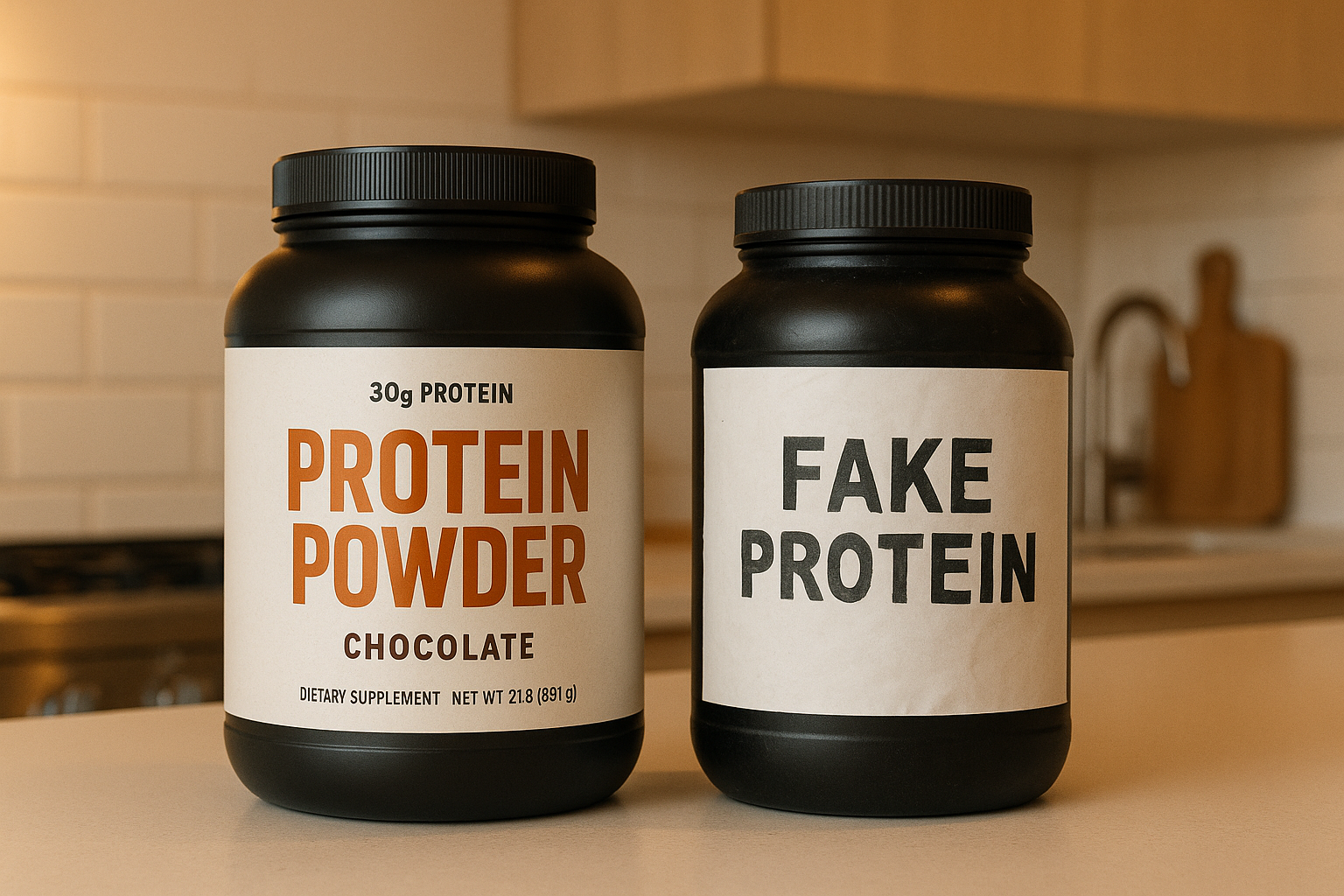
Does Protein Timing Impact Muscle Growth?
The short answer: Total daily protein intake matters more than timing.
Research shows that while consuming protein around your workout (pre- or post-) can help, the most important factor for muscle growth is meeting your daily protein needs and spreading it evenly across meals. Here's what you need to know:
- Daily Protein Goal: Aim for 1.6–2.2 grams of protein per kilogram of body weight.
- Even Distribution: Spread protein intake across meals (20–30 grams every 3–4 hours).
- Pre- vs Post-Workout Protein: Both are effective, but timing is less critical if you meet daily targets.
- Special Cases: If training fasted, post-workout protein is more important.
Quick Comparison: Pre- vs Post-Workout Protein
| Aspect | Pre-Workout Protein | Post-Workout Protein |
|---|---|---|
| Primary Benefits | Reduces muscle breakdown during exercise | Maximizes muscle protein synthesis |
| Optimal Timing | 1–3 hours before exercise | Within 20–60 minutes post-exercise |
| Recommended Amount | 15–30 grams | 20–40 grams |
| Best For | Early morning workouts; fasted training | Recovery; longer sessions |
Key takeaway: Focus on hitting your daily protein target and distributing it evenly throughout the day. Timing is a bonus, not a necessity.
Research Evidence: Does Protein Timing Matter?
Protein timing has been a hot topic in the fitness and nutrition world, with scientists diving deep into its role in muscle growth. The latest research, however, suggests that total daily protein intake holds more weight than sticking to a narrow post-workout window. This shift in perspective has sparked comparisons between precise nutrient timing and broader dietary habits.
The Anabolic Window: Fact or Myth?
The idea of an anabolic window - the belief that consuming protein within 30–60 minutes post-workout is crucial for muscle growth - has faced considerable skepticism. As researchers have observed:
"Despite claims that immediate post-exercise nutritional intake is essential to maximize hypertrophic gains, evidence-based support for such an 'anabolic window of opportunity' is far from definitive."
A landmark 2013 meta-analysis by Aragon and Schoenfeld revealed that the supposed benefits of protein timing largely disappeared when total protein intake was accounted for. They found that differences in muscle protein accretion were better explained by overall protein consumption rather than timing. Supporting this, a 2024 study reported no meaningful differences in muscle performance or body composition between groups consuming protein immediately before and after workouts versus those spacing it out by three hours.
That said, there are exceptions. For those training in a fasted state, consuming protein soon after exercise can help recovery. Otherwise, the focus should remain on hitting your daily protein target.
Key Findings From Recent Studies
While the timing debate continues, other factors like protein distribution and dosage have emerged as critical for muscle growth. Here's what the research shows:
- Daily Protein Needs: Sedentary adults need about 0.8 grams of protein per kilogram of body weight daily, but active individuals should aim for 1.4–2.0 grams per kilogram.
- Optimal Intake Levels: A meta-analysis found that consuming more than 1.6 g/kg/day offers no additional gains in fat-free mass from resistance training.
- Even Distribution: Spreading protein intake evenly across meals - roughly 30 grams per meal - can increase muscle protein synthesis over 24 hours by about 25% compared to uneven consumption.
Nighttime protein also plays an interesting role. Consuming 20–40 grams of casein before bed has been shown to stimulate overnight muscle protein synthesis in both younger and older men. And if your workout is more than 3–4 hours after your last meal, it's a good idea to have at least 25 grams of protein afterward to counteract muscle breakdown. However, if you've recently eaten, this urgency is less critical. Notably, muscle protein breakdown rises significantly several hours post-workout when training in a fasted state.
These findings underline that while timing has its nuances, the bigger picture often comes down to meeting your daily protein needs and distributing it wisely throughout the day.
Daily Protein Intake Guidelines
Getting enough protein each day is essential for building muscle. While the timing of protein intake matters, hitting your daily target is far more important. Let's break down how much protein you need and how to spread it out effectively.
Daily Protein Goals for Muscle Growth
If you're aiming to build muscle, the standard Recommended Dietary Allowance (RDA) for protein isn't enough. While the RDA for sedentary adults is 0.8 grams of protein per kilogram of body weight per day, those who are active need significantly more to support muscle growth and repair. Research suggests that consuming between 1.6 and 2.2 grams of protein per kilogram of body weight daily is ideal. For resistance-trained individuals, some studies even recommend up to 2.4 grams per kilogram.
For example, if you weigh 180 pounds (82 kilograms), your daily protein intake should range from 131 to 180 grams. One study found that older men eating 1.6 grams of protein per kilogram daily gained nearly double the muscle mass compared to those consuming only 0.8 grams per kilogram. However, protein intakes above 1.6 grams per kilogram may not provide additional muscle-building benefits. For older adults, the recommended intake is slightly lower - around 1.0 to 1.2 grams per kilogram daily, or up to 1.5 grams per kilogram for those with chronic health condition.
Distributing Protein Throughout the Day
A common mistake is eating most of your daily protein at dinner and neglecting breakfast. Many Americans consume about three times more protein at dinner than at breakfast, which isn't ideal for muscle growth. Research shows that spreading protein evenly across meals can increase muscle protein synthesis by roughly 25% compared to loading it into one meal.
Aim to eat 20–30 grams of protein every 3–4 hours to maintain a steady supply of amino acids for muscle repair. For example, starting your morning with a high-protein breakfast can help reverse the overnight muscle breakdown. A simple option? Try 12–16 ounces of chocolate milk or 6 ounces of Greek yogurt, both of which provide around 30 grams of protein. And if you're falling short, protein supplements can help fill the gap.
Protein-Rich Foods and Supplements
Your primary source of protein should come from whole foods. Lean meats, eggs, fish, and dairy products like Greek yogurt are excellent options. For plant-based choices, look to edamame, chickpeas, tofu, and quinoa.
Whitney Stuart, R.D., a registered dietitian based in Texas, highlights the benefits of salmon:
"Salmon is an excellent protein-rich food that enhances muscle protein synthesis and reduces inflammation, which can impair recovery! This makes it particularly beneficial for preserving lean muscle mass as we age."
Marita Radloff, M.S., R.D.N., a sports dietitian, emphasizes the value of Greek yogurt:
"Greek yogurt is a milk protein, which means it is one of the best absorbed proteins and will support your muscle health more than other protein choices."
If you need an extra boost, protein powders like NutriFitt can help you meet your daily needs. However, as Jennifer Conway, MPH, RD, LDN, and Director of Health Promotion and Disease Prevention at Waimānalo Health Center, advises:
"Protein powder is a convenient tool you can use to meet your daily protein needs, but it should be used to complement, not replace, a balanced diet."
sbb-itb-7567710
Pre- vs Post-Workout Protein: A Comparison
When it comes to optimizing muscle growth, timing your protein intake - whether before or after your workout - can make a difference. Research suggests that consuming protein either pre- or post-workout leads to similar muscle gains. For instance, a 2017 study found no major differences in muscle strength, hypertrophy, or body composition changes between the two approaches. Let’s break down the benefits and timing of each option.
Pre-workout protein has its own perks. Eating protein before exercising can help minimize muscle breakdown during your workout and may reduce the amount of protein you’ll need afterward. This can be especially useful for early morning workouts or if your post-workout schedule is packed. Additionally, having protein beforehand ensures your muscles have the amino acids they need during training, which can not only support performance but also kickstart recovery.
Post-workout protein, on the other hand, is the more traditional approach. Studies show that consuming protein within a 60-minute window after exercise is highly effective, as this is when muscle protein synthesis is at its peak. Recovery drinks, in particular, are most beneficial when consumed within 20 minutes after finishing your workout. Lauren Manaker, MS, RDN, LDN, CLEC, CPT, emphasizes the importance of post-workout nutrition:
"If you don't eat enough protein after a workout, you may feel weak and your muscles may not recover as well."
The International Society of Sports Nutrition (ISSN) advises consuming 20 to 40 grams of protein every 3 to 4 hours, which naturally includes both pre- and post-workout periods. Research also supports this: a 2014 study found that consuming 20 grams of protein shortly after exercise was sufficient for maximizing muscle growth.
Ultimately, the choice between pre- and post-workout protein comes down to what fits your schedule and preferences. If your workout is under an hour, focusing on regular, protein-rich meals throughout the day is more important than perfect timing. For longer sessions, post-workout protein can be particularly beneficial.
Comparison Table: Pre- vs Post-Workout Protein
| Aspect | Pre-Workout Protein | Post-Workout Protein |
|---|---|---|
| Primary Benefits | Reduces muscle breakdown during exercise; may lower post-workout needs | Maximizes muscle protein synthesis; aids recovery and glycogen replenishment |
| Optimal Timing | 1-3 hours before exercise | Within 20-60 minutes post-exercise (up to 6 hours still effective) |
| Recommended Amount | 15-30 grams | 20-40 grams |
| Best For | Early morning workouts; fasted training; busy schedules | Immediate recovery; muscle building; longer sessions |
| Research Support | Comparable muscle growth outcomes to post-workout | Strong evidence backing traditional post-workout focus |
| Practical Considerations | Easier to plan ahead; prevents hunger during workouts | Requires immediate post-workout meal planning |
Both approaches are effective for muscle growth when paired with a balanced protein intake strategy. The key takeaway? Your total daily protein intake matters more than the timing. Aim for 1.6 to 2.2 grams of protein per kilogram of body weight daily, spread across your meals, and you’ll be on track to see results - whether you prefer pre- or post-workout protein.
Key Takeaways for Fitness Enthusiasts
When it comes to building muscle, the overall amount of protein you consume each day matters more than the exact timing of when you eat it. Research suggests aiming for 1.6–2.2 grams of protein per kilogram of body weight daily. For someone weighing 150 pounds, that translates to about 110–150 grams of protein per day.
Spreading your protein intake evenly throughout the day can further boost muscle protein synthesis. Sarah Wardlaw, MS, L/ATC, CES from Mass General Brigham, emphasizes the importance of starting strong:
"Your first meal of the day - hopefully for everyone that's breakfast - should have at least 30 grams of protein. That's really important, especially if you're trying to maximize muscle growth."
The key to success? Consistency. Hitting your daily protein targets regularly is crucial, and building habits like incorporating protein-rich snacks can make it easier to stay on track.
NutriFitt's Role in Supporting Your Goals
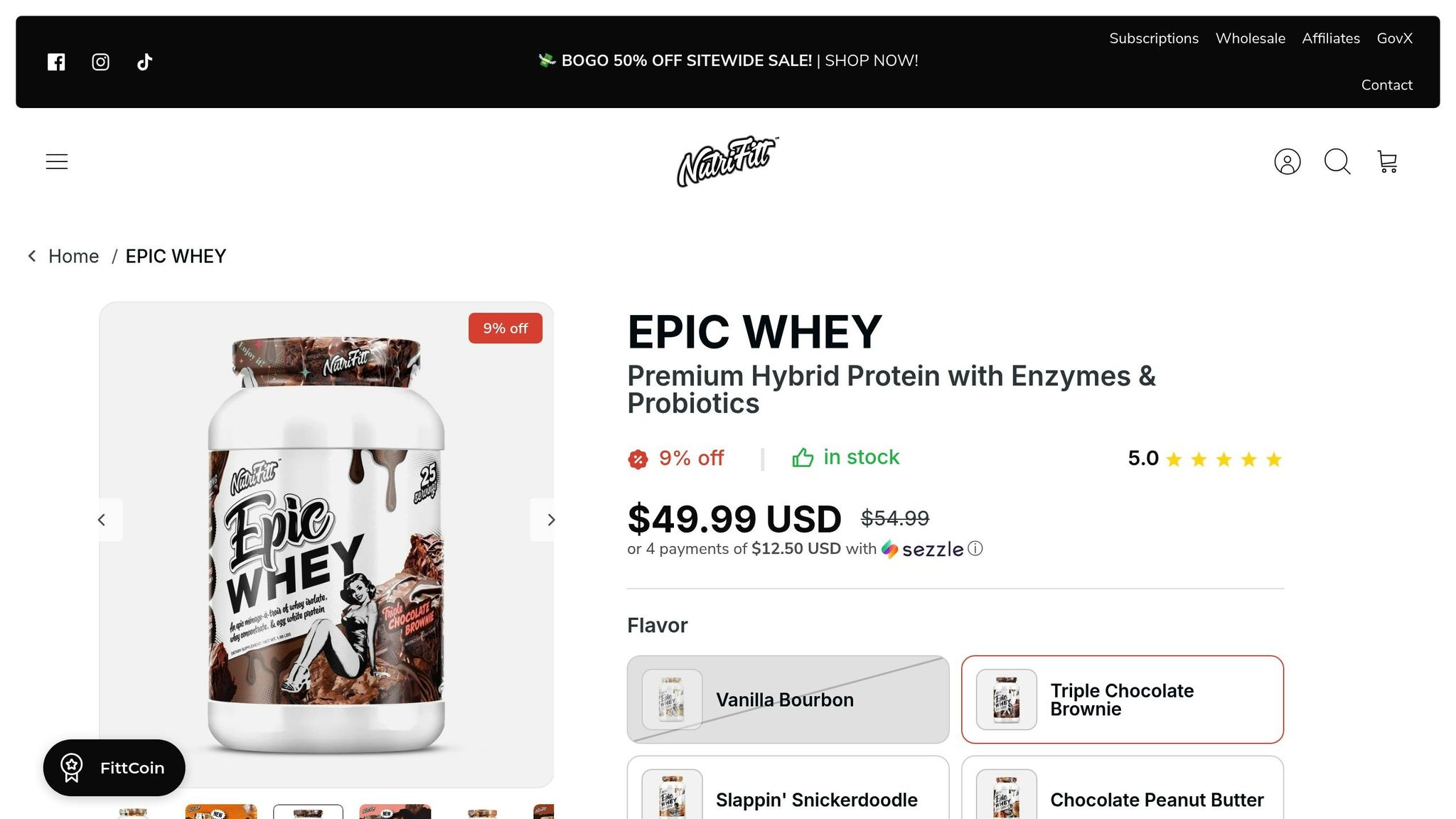
NutriFitt makes it simple to put these principles into action with products designed to meet your protein needs. Their EPIC Whey Protein is a convenient, high-quality option, available in a variety of flavors, to help you hit your daily protein goals.
For those early morning workouts or jam-packed schedules, a reliable protein source like NutriFitt's powders can streamline your nutrition plan. They provide the quality and ease you need to support muscle recovery and growth, helping you stay consistent. After all, the best protein strategy is one that fits smoothly into your daily routine for the long run.
FAQs
Does training on an empty stomach affect the importance of when you consume protein for muscle growth?
Training on an empty stomach can lead to an increase in muscle protein breakdown, particularly in the hours following your workout. That said, recent studies suggest that the timing of protein consumption around your workout isn't as crucial as once thought. What truly matters is ensuring you get enough protein throughout the entire day.
Although fasted workouts might briefly raise muscle protein breakdown, prioritizing your overall daily protein intake plays a much bigger role in helping your muscles recover and grow.
How can I make sure I'm getting enough protein throughout the day to support muscle growth?
To support muscle growth effectively, try to spread your protein intake evenly throughout the day. Aiming for 20-30 grams of protein every 3-4 hours can help keep muscle protein synthesis active. Incorporate protein-packed foods like eggs, lean meats, fish, dairy, or plant-based options into every meal or snack.
Planning ahead is key. Preparing meals in advance or keeping high-protein snacks within reach can help you stay on track. This consistent approach not only aids in muscle repair and growth but also keeps your energy levels steady all day long.
Does it matter if I eat protein before or after my workout for muscle growth?
Research indicates that the timing of protein consumption, whether it's before or after a workout, doesn’t play a major role in muscle growth. What truly counts is hitting your total protein target for the day and maintaining that consistency over time.
The once-popular concept of an "anabolic window" immediately after exercise is now considered less critical. Instead, aim to distribute your protein intake evenly throughout the day. This approach helps support muscle repair and growth effectively. Prioritizing high-quality protein in your daily diet is what ultimately drives results.




